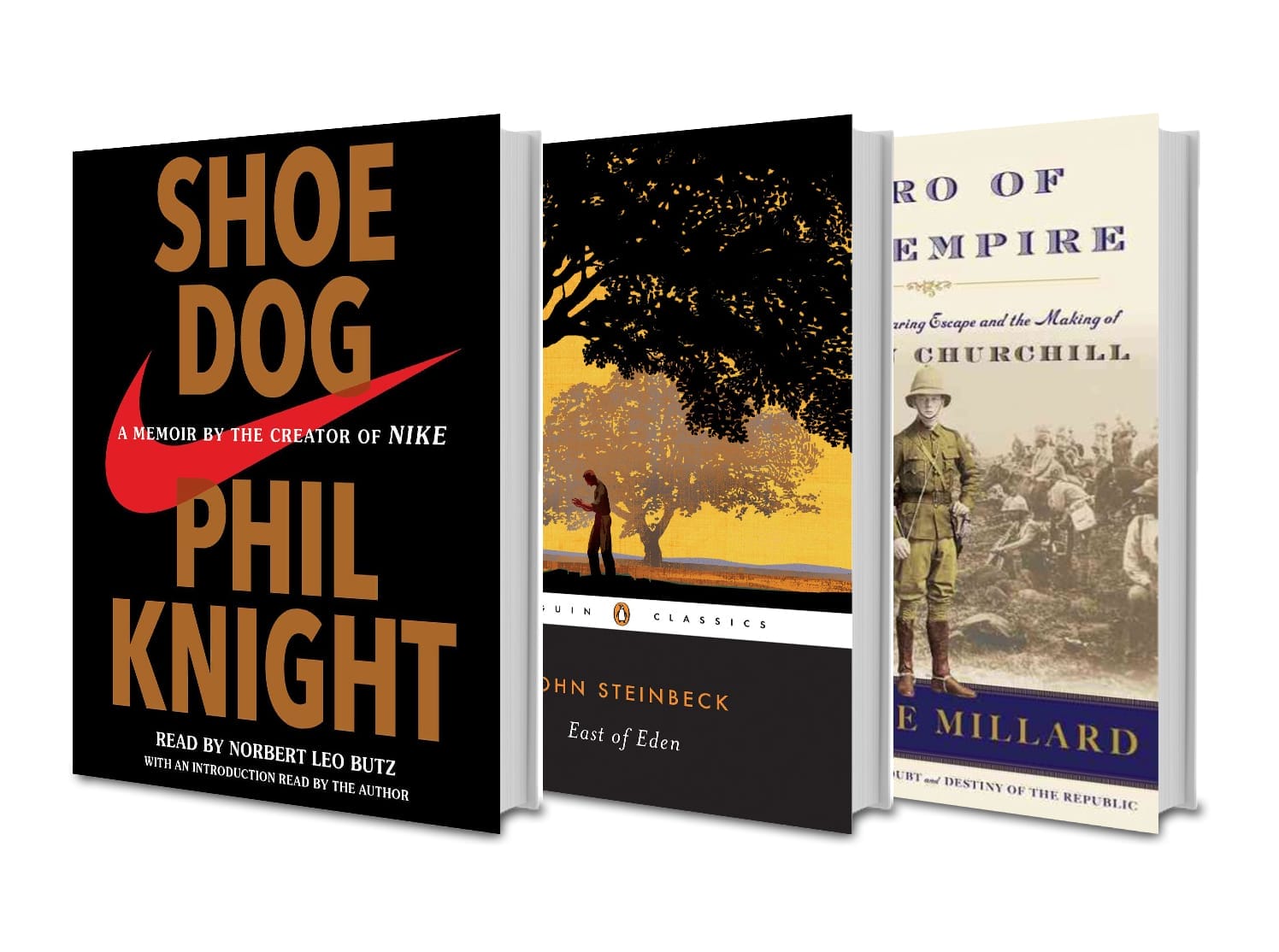
Ezekiel Emanuel
As an architect of the Affordable Care Act, Ezekiel Emanuel, MD PhD, would like to set one thing straight: His new book, Prescription for the Future, isn’t focused on the ACA. “It’s not about the policy stuff coming out of Washington,” the health-care management professor, vice provost for global initiatives, and chair of the Department of Medical Ethics and Health Policy explains. “It’s about how we change the way we care for patients—not how we change insurance.” The project arose from the stories of successful innovative change Emanuel would hear at health-care conferences and meetings across the country. He realized that “no one had dissected the essential elements of a winning strategy” and set to work writing a playbook for how to succeed in today’s health-care ecosystem. Among his more surprising findings: the cost effectiveness of addressing behavioral health issues, like chronic depression, during routine care; the importance of scheduling and rooming patients; and the need for standardization across the dynamic health-care landscape. Emanuel sees his book as a source for physicians and health systems seeking to transform but unsure where—or how—to start. Between juggling his various University roles and external research commitments, he still somehow manages to find time every now and then to curl up with a good book. Here’s his prescription, for your reading pleasure.
1. On His Own Terms: A Life of Nelson Rockefeller
Richard Norton Smith
“He’s an amazing guy— unbelievably driven and energetic despite being born to the richest family in the world. There’s a great quote in the book about how every time he came to some issue, Rockefeller would ask, ‘What do the experts say?’ He had a lot of respect for academics and the role they could play in helping to develop effective policies. He also became one of the financial backers of Martin Luther King and the civil rights movement, which a lot of people don’t know.”
2. East of Eden
John Steinbeck
“Sprawling, a little undisciplined, but brilliant insight into the West and human nature. My daughter Natalia recommended it. One of those cases of learning something from your kids.”
 3. Shoe Dog
3. Shoe Dog
Phil Knight
“Great read about the creation of Nike and the challenges Knight went through: years and years of being on the brink, having money troubles, trying to raise money to fuel growth, convincing bankers early on to take a risk on him even though the business was growing tremendously. And a bit of an unsavory aspect in how he distributed the initial stock offering of Nike. You also realize that success comes with some tragedy; Knight’s haunted by his distant relationship with his eldest son, who died in a diving accident. The book is about business but also about the human consequences of a single focus on success.”
 4. The Rise and Fall of American Growth: The U.S. Standard of Living Since the Civil War
4. The Rise and Fall of American Growth: The U.S. Standard of Living Since the Civil War
Robert J. Gordon
“The Northwestern economist’s sobering look at economic history and pessimistic view of the future. His argument is that the fundamental technologies of change and increases in productivity—and therefore in living standards—have ended. The anticipation of an increase in living standards goes away. He thinks the slow growth we’re experiencing now is not an anomaly; it’s the future norm. We’re going back to the path of growth from pre-industrialization.”
 5. Hero of the Empire: The Boer War, a Daring Escape, and the Making of Winston Churchill,
5. Hero of the Empire: The Boer War, a Daring Escape, and the Making of Winston Churchill,
Candice Millard
“A quick, fun read. It gives you a really deep flavor for Churchill’s showmanship, his ability to use victories to advance his career, and his causes. Very big mouth, big ego, big showman—but he was willing to take a lot of risks. He was at the front of serious battles in the Boer War. He saw that as the surest path to glory and a high political office, his ultimate ambition.”
Published as “Transforming Health Care and Lessons in Leadership” in the Fall/Winter 2017 issue of Wharton Magazine.























 3. Shoe Dog
3. Shoe Dog 4. The Rise and Fall of American Growth: The U.S. Standard of Living Since the Civil War
4. The Rise and Fall of American Growth: The U.S. Standard of Living Since the Civil War 5. Hero of the Empire: The Boer War, a Daring Escape, and the Making of Winston Churchill,
5. Hero of the Empire: The Boer War, a Daring Escape, and the Making of Winston Churchill,



